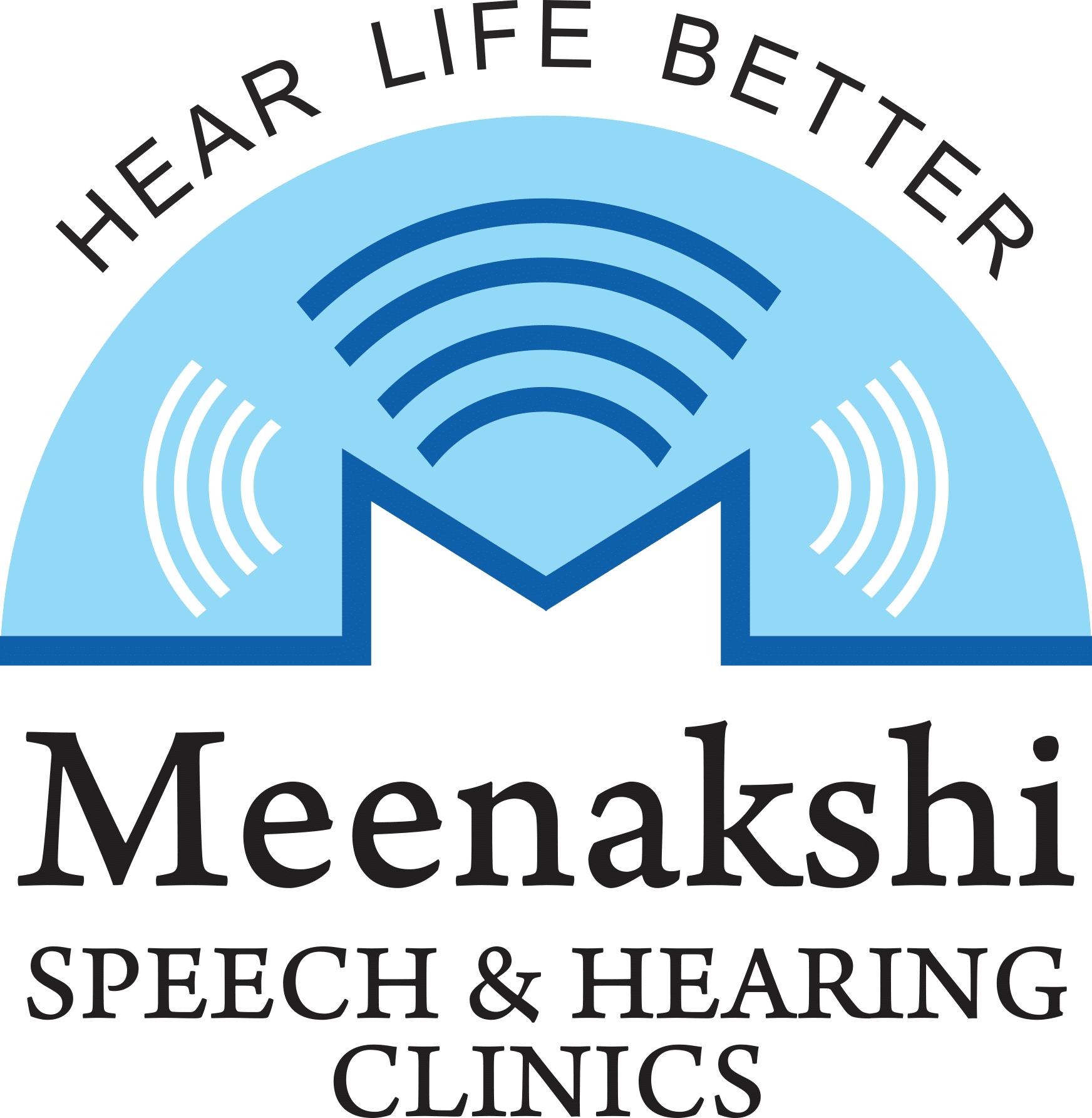Speech and Language Assessment and Therapy
Communication disorders covered at our clinic
Speech and Language disorders: Speech and language therapy
Language based learning disorders are difficulties in language that cause delays in academic performance. These include limited vocabulary, poor phonological development, poor following directions abilities, poor syntax and word structure development, and poor word retrieval skills. Adults with post-stroke aphasia have trouble understanding and using words and sentences resulting from brain injury. These patients often exhibit dysarthria and swallowing difficulties as well. Speech and language rehabilitation in these patients are effective in restoring and managing communication function in those who lost speech and language functions from traumatic brain injury, stroke, or other damage to language areas of the brain.
Hearing Impairment Rehabilitation
Hearing loss affects millions of children around the world. Children and adolescents using cochlear implants and amplification devices find it difficult to produce speech sounds, learn vocabulary, grammar, word order, idiomatic expressions, and other aspects of verbal communication. Our Speech Language Therapists are skilled in training children with hearing loss to maximize their potential.
Stuttering in Children and Adults
A person who repeats words or sounds which interrupts his natural flow of speech is exhibiting stuttered speech. This problem usually begins in childhood and may last through adult life. People who stutter find it challenging to communicate their needs, often avoid certain words, and may elude social settings. It is crucial for these children to improve their speech fluency. We help develop fluency strategies, and desensitize children to stuttering in order to increase fluency of speech.
Speech and Sound disorders
Articulation is how we move our tongue, lips, and teeth, and jaw to produce speech sounds. When a child has an articulation difficulty, they struggle or are unable to produce certain speech sounds and need help in learning how to do so. Children with articulation weaknesses often show weaknesses in perception and phonological processing, which may cause them to read poorly. We work on specific exercises to help learn how to develop phonemic awareness and produce speech sounds accurately.
Voice and Resonance Disorders
Voices are unique to every single individual. It is created by vibrations of the vocal cords. Voice therapy is effective in reducing vocal hoarseness resulting from vocal abuse in children, adults, and professional voice users. We work together with ENT doctors in treating patients with various vocal fold lesions. Facebook Page
Aphasia
A language disorder that affects a person’s ability to communicate. It can occur suddenly after a stroke or head injury or develop slowly from a growing brain tumour or disease. Aphasia affects a person’s ability to express and understand written and spoken language. Once the underlying cause is treated, the main treatment for aphasia is speech therapy.
Dysarthria
Dysarthria is impairment of speech due to neurological causes. One or more aspects of speech such as articulation, voice, resonance, prosody, may be affected. Dysarthria may be seen in the following conditions, Parkinson’s disease, Multiple sclerosis, etc.
Dementia
Dementia is impairment of cognitive functions including language, found in some elderly individuals. This condition is associated with pathological changes in the brain.

